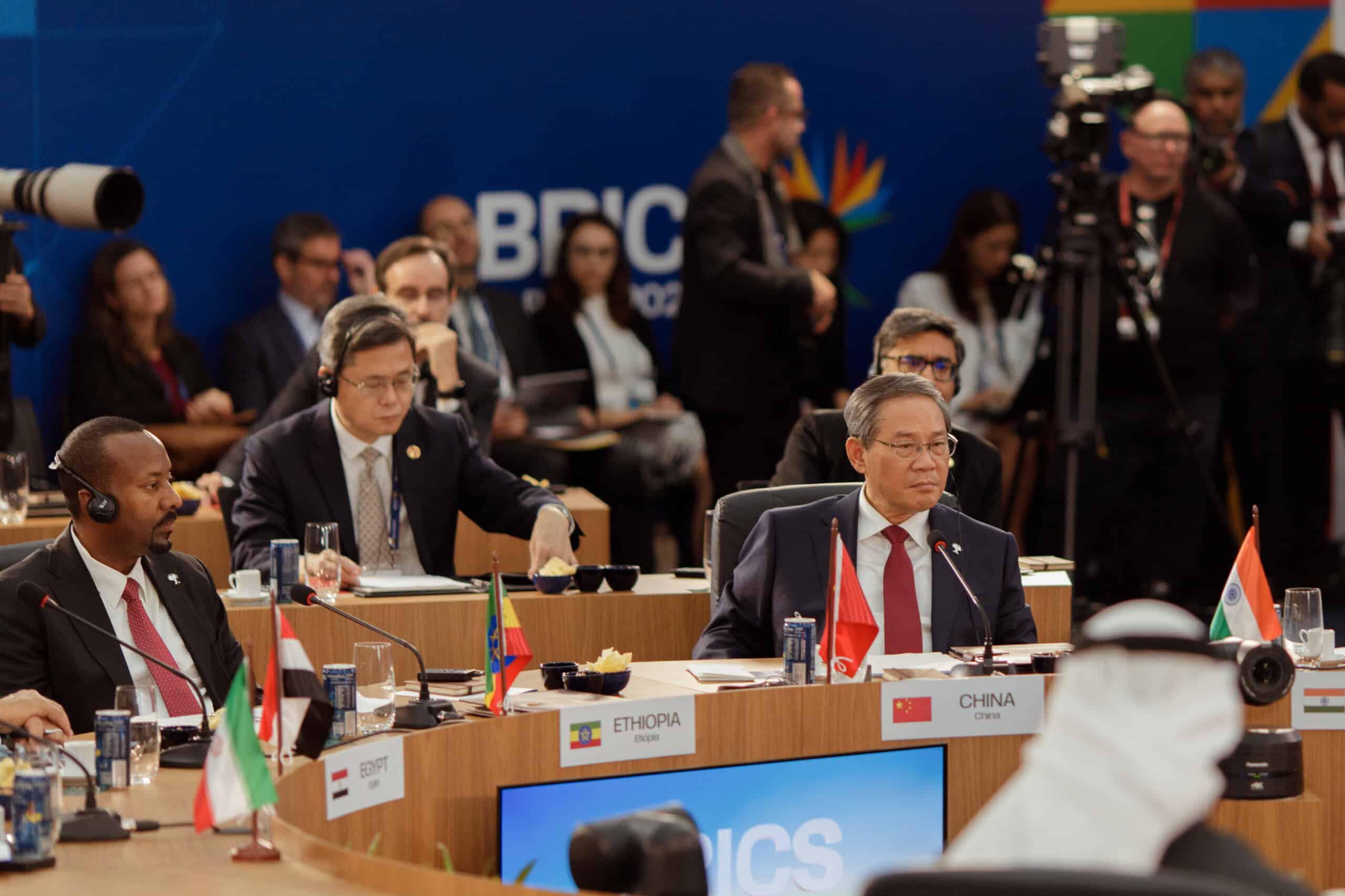Good evening. Where is the line? That’s the question that undergirds much of this week’s issue. We have a profile of Robert Kuhn, someone who has played by China’s rules in exchange for access, fending off accusations of being a propagandist along the way. And an interview with H. R. McMaster, the former general and national security advisor who argues, counterintuitively, that avoiding a hot conflict with China requires encouraging competition, not cooperation. If you’re not already a paid subscriber to The Wire, please sign up here.
Want this emailed directly to your inbox? Sign up to receive our free newsletter.
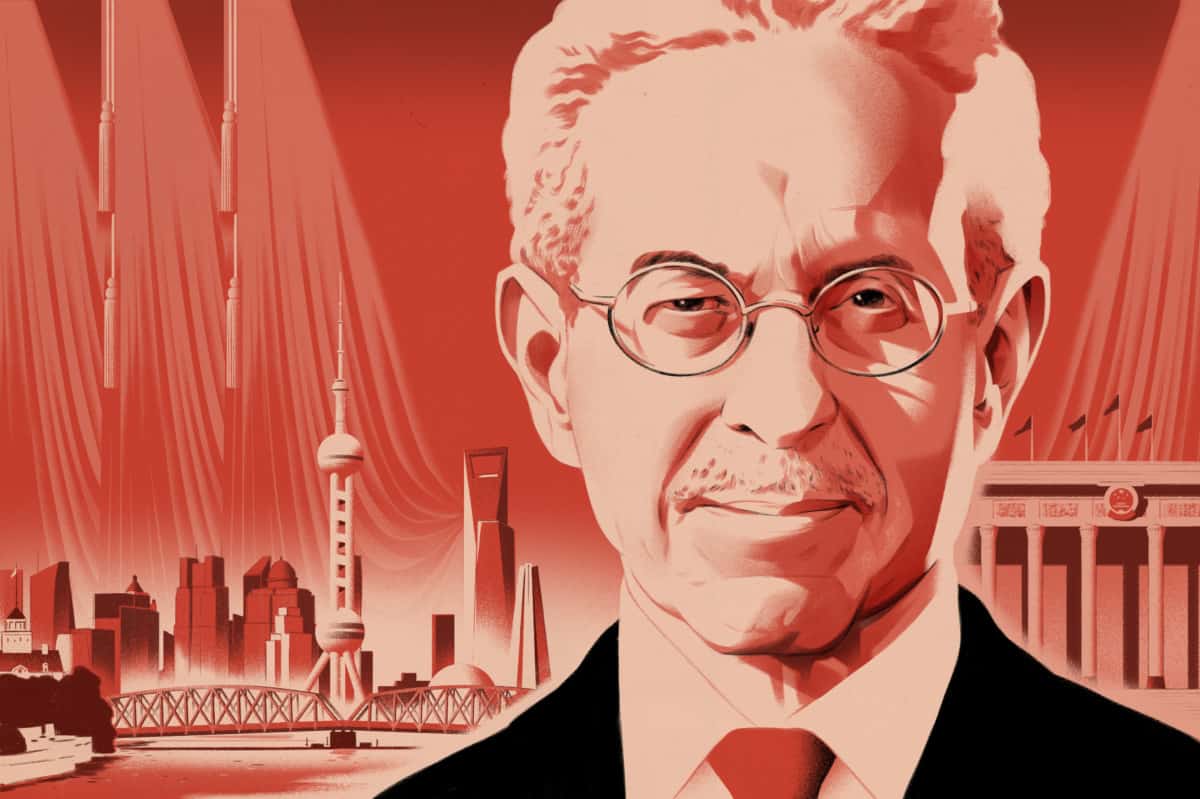
Inside Man
Although he’s not exactly a household name among China wonks, Robert L. Kuhn has carved out a niche for himself as one of the Western world’s most prolific interpreters of Beijing’s policies. The brain researcher-turned-investment banker has spent 20 years currying favor with China’s leadership and gaining remarkable access. In fact, with the possible exception of Henry Kissinger and former Goldman Sachs CEO and Secretary of the Treasury Henry Paulson, arguably no other American citizen has spent more time with China’s top leaders. With books, a series of PBS documentaries, and a private consultancy firm, Kuhn says his goal is to explain China to Americans. But now, Matt Schiavenza asks for The Wire, as the relationship between the two countries deteriorates, is there still an audience for Kuhn’s message?
A Q&A With H. R. McMaster
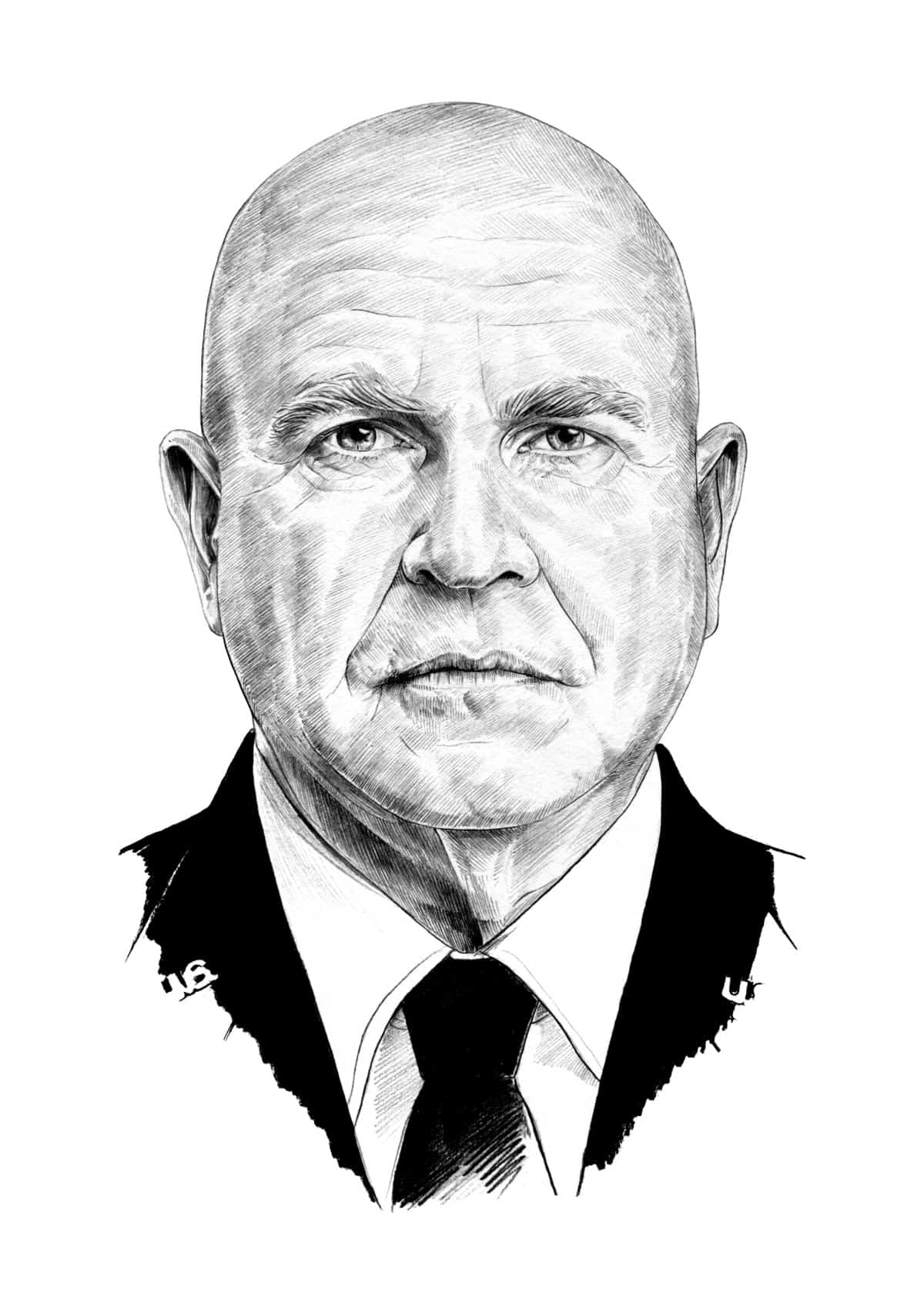
After retiring as a three-star general in the U.S. Army, H. R. McMaster served as the national security advisor to President Trump in 2017 and 2018. In this week’s interview with The Wire’s David Barboza, he talks about his new book, Battlegrounds: The Fight to Defend the Free World, and why he thinks competition, not cooperation, with China is the best way to avoid a confrontation.
H. R. McMaster
Illustration by Kate Copeland
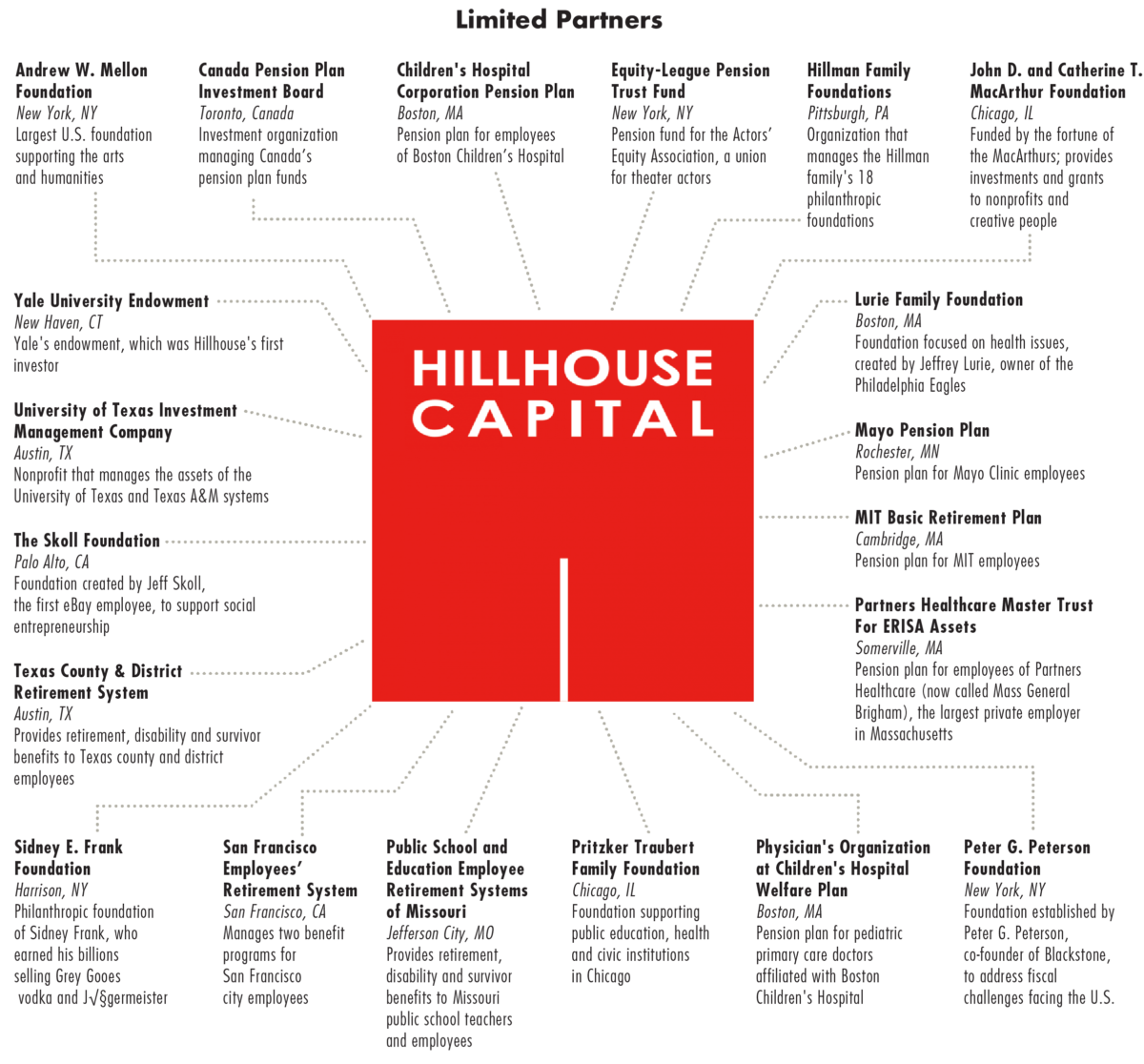
The Big Picture: Who is Hillhouse Capital?
This week, our data graphics look at one of the biggest names in global finance, a firm founded in 2005 by a freshly-minted MBA named Zhang Lei. With $20 million from the endowment at Yale, his alma mater, Zhang returned to China and made investments in Tencent, JD.com, and then grew Hillhouse Capital into a firm that now has about $60 billion in assets under management. Our data graphics team will periodically focus on fast-growing Chinese firms, introducing them to our readers and mapping their corporate and shareholding structures.
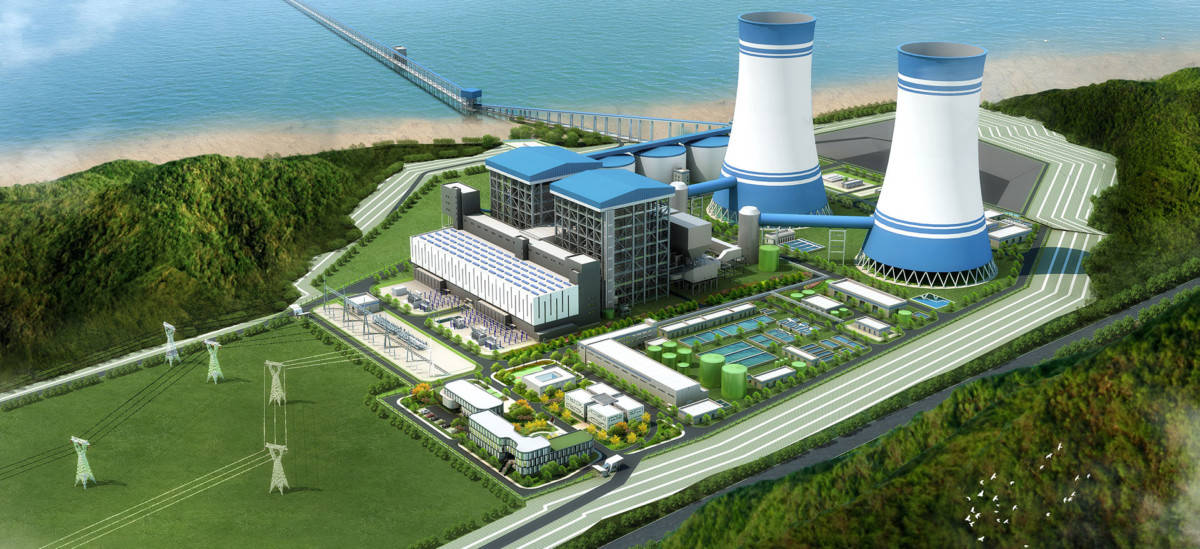
Credit: EMBA
Coal Pushers
Chinese banks are now the world’s largest source of financing for coal power projects. And it’s easy to understand why: in the past few years, China has mined far more coal than it needs, pushing its coal companies, which are largely state-owned, to look abroad for new markets. But are these unreasonable projects? As The Wire‘s Katrina Northrop reports, banks across the world are starting to abandon coal because they now see it as a risky economic investment in the long term compared to cheaper renewable energy.
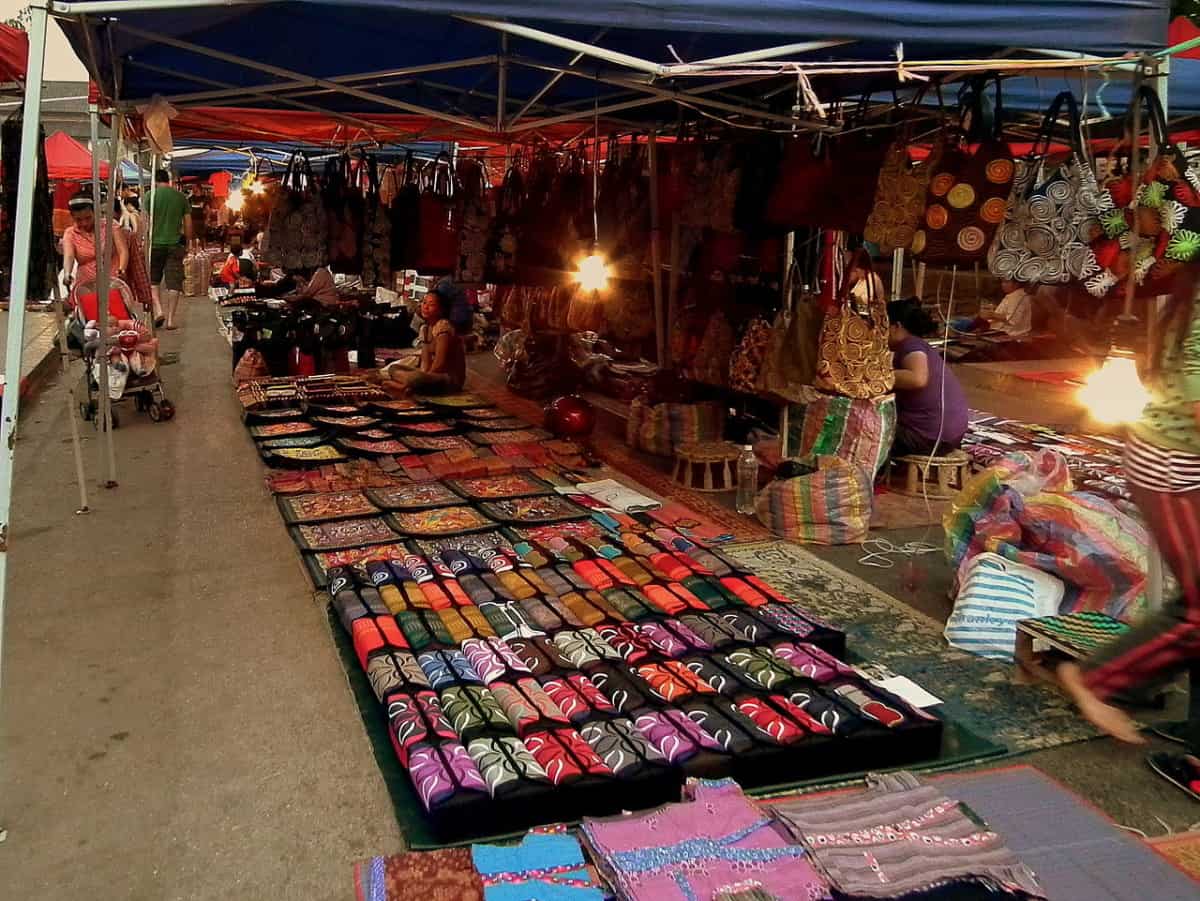
Credit: calflier001, Creative Commons
Deglobalization Will Hurt the World’s Poorer Regions
For two golden decades, developing countries enjoyed the fruits of hyper-globalization and convergence. But the fraying of global value chains — the result, largely, of China’s transformation from a small export-driven economy into a much larger economy more reliant on domestic demand — is leading to a period of deglobalization. And as Arvind Subramanian and Josh Felman argue in this op-ed, it is meeting little intellectual resistance, despite the long-term loss of economic dynamism for the world’s poorer regions.
Subscribe today for unlimited access, starting at only $19 a month.


